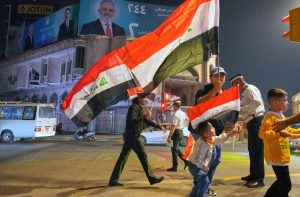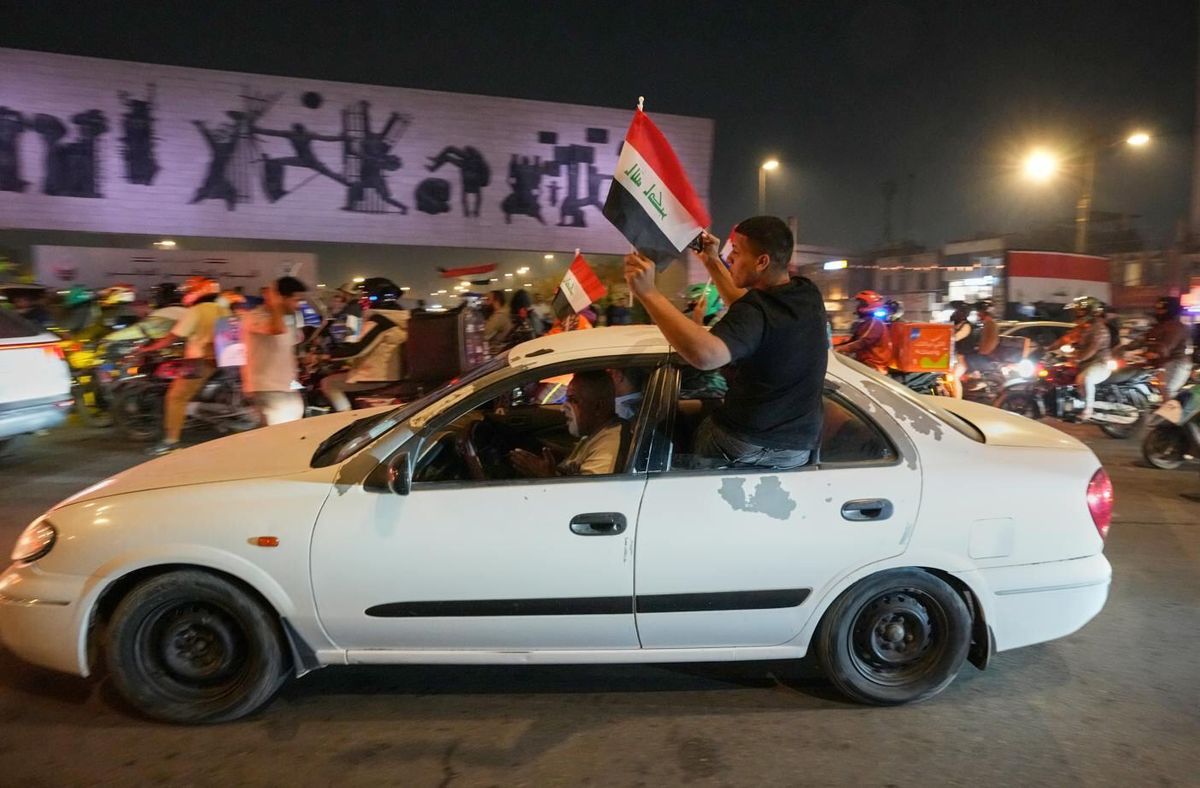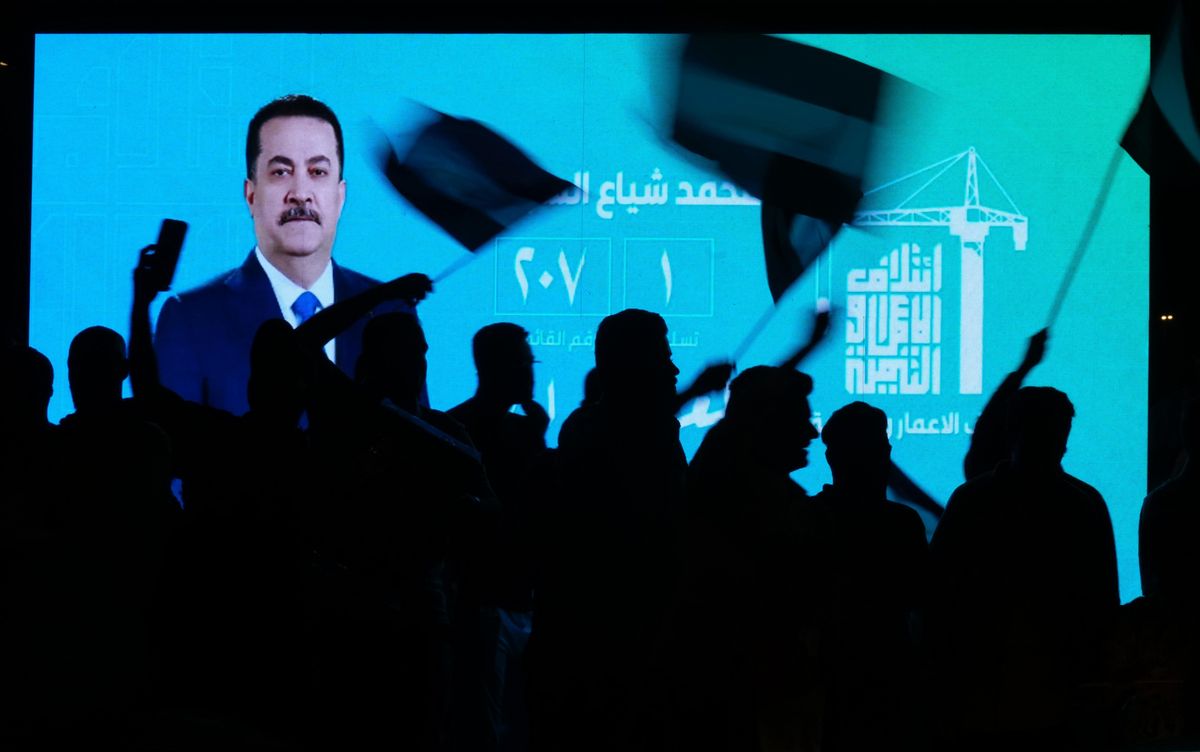BAGHDAD (AP) — Iraqi election officials announced the preliminary results of Iraq’s parliamentary elections Wednesday, showing continued dominance of traditional powers in their respective regions, alongside some surprises.
The Reconstruction and Change coalition led by Prime Minister Mohammed Shia al-Sudani won the highest number of seats in 8 out of 18 provinces, including Baghdad, Najaf, Qadisiyah, Karbala, Muthanna, Maysan, Dhi Qar and Babil.
While al-Sudani’s bloc made a strong showing, no single bloc achieved a comfortable victory that would allow it to form a government independently, meaning the formation of the next government will require deal-making among the strongest blocs to secure a majority.
In several past elections in Iraq, the bloc winning the most seats has not been able to impose its preferred candidate.
That includes the last parliamentary election in 2021, when the Sadrist Movement led by influential Shiite cleric Muqtada al-Sadr won the largest number of seats but later withdrew after failed negotiations over forming a government, amid a standoff with rival Shiite parties. Sadr has since boycotted the political system and called on his supporters to boycott this year’s election.
The final turnout in the elections was 56% of registered voters, election officials said. That includes both Tuesday’s general vote and the special voting held on Sunday for members of the military and security forces and internally displaced people living in camps.
Turnout was lower in areas with large numbers of Sadr supporters, including Baghdad and Najaf.
In general, Shia forces won seats in Shia-majority provinces, while Sunni forces secured victories in Sunni-majority provinces and Kurdish forces prevailed in Kurdish-majority provinces, as expected.
The biggest surprise came in Nineveh, a predominantly Sunni Arab province, where the Kurdistan Democratic Party (KDP) secured the highest number of seats, an unexpected shift for observers. Meanwhile, in Diyala province, which has a significant Kurdish minority, no Kurdish candidates won seats for the first time since 2005.
Baghdad, Nineveh and the southern province of Basra are the provinces with the highest number of seats: 71 in Baghdad, 34 in Nineveh and 25 in Basra. Al-Sudani’s coalition won in Baghdad, the KDP in Nineveh, and the Tasmeem list, led by Basra Gov. Asaad al-Eidani, in Basra.
In Kirkuk, which saw clashes between political party supporters before the election in which two police officers were killed, the Patriotic Union of Kurdistan (PUK) came first, followed by the Taqaddum party of Sunni former Parliament Speaker Mohammed al-Halbousi in second place and the Turkmen party in third.
Supporters of al-Sudani held celebrations in Baghdad just after the announcement of the preliminary results.
Hundreds of supporters drove their cars and motorbikes in convoys to the central Tahrir Square and started dancing and chanting.
“He is the number one in Iraq, and not only Baghdad,” said Hamid Hemid, a participant from Baghdad.
Al-Sudani, in a post on social platform X, said that his bloc “is first, because we believe that ‘Iraq comes first.’”
“We extend our deep gratitude to the Iraqi people for their support in the path of work, construction, and achievement,” he said in the post.
Al-Sudani came to power in 2022 with the backing of a group of pro-Iran parties but has since sought to balance Iraq’s relations with Tehran and Washington. He has positioned himself as a pragmatist focused on improving public services.
While Iraq has seen relative stability during al-Sudani’s first term, he also faces challenges. U.S. pressure has intensified on the Iraqi government to curb the influence of Iran-aligned armed factions, some of which had candidates in Tuesday’s vote. The militia-linked parties made a strong showing in some areas, although they were not the top vote-getters nationwide.
Only one prime minister has served more than one term since the U.S.-led invasion of 2003 that toppled the country’s longtime ruler, Saddam Hussein.
By QASSIM ABDUL-ZAHRA
Associated Press



